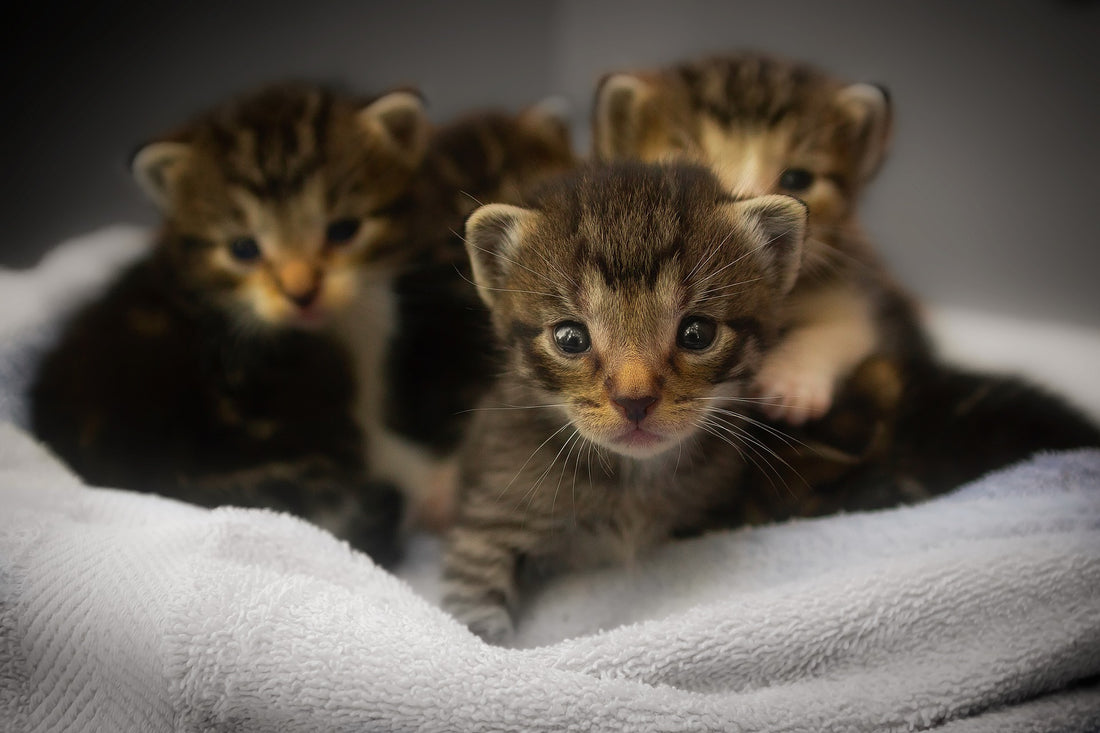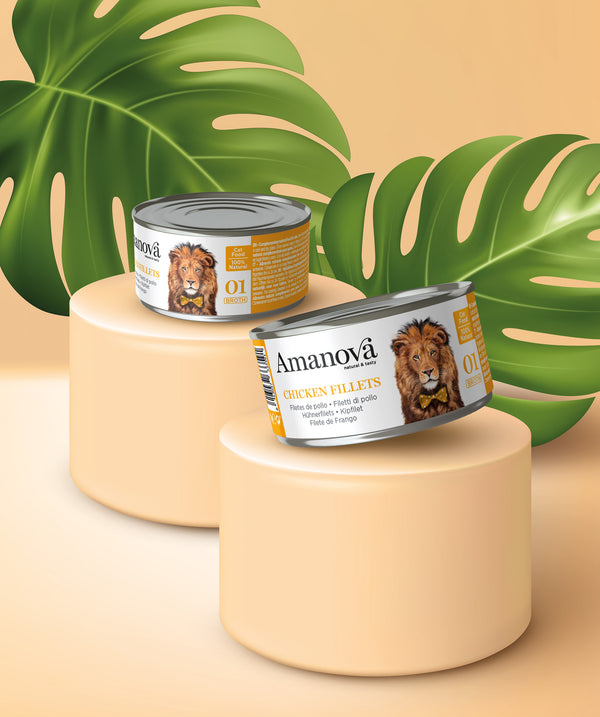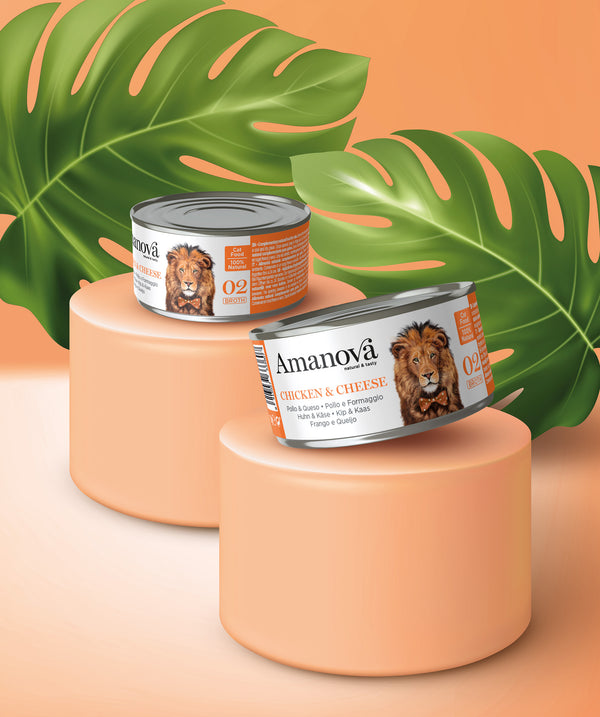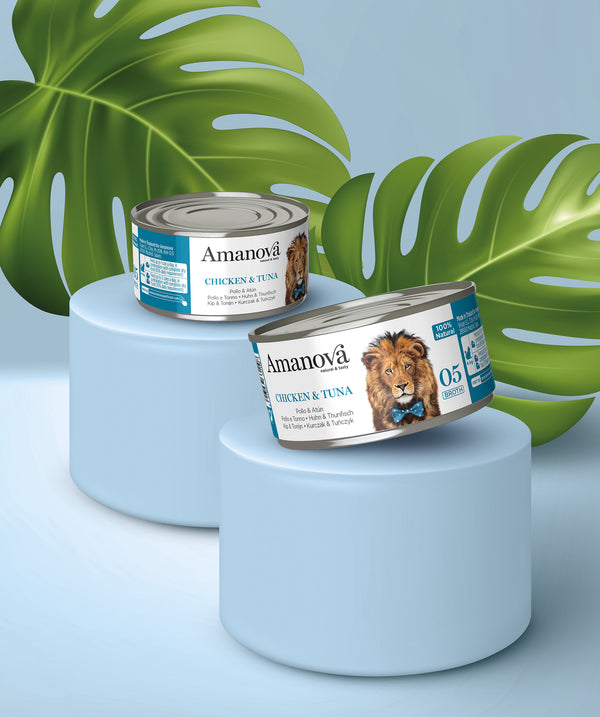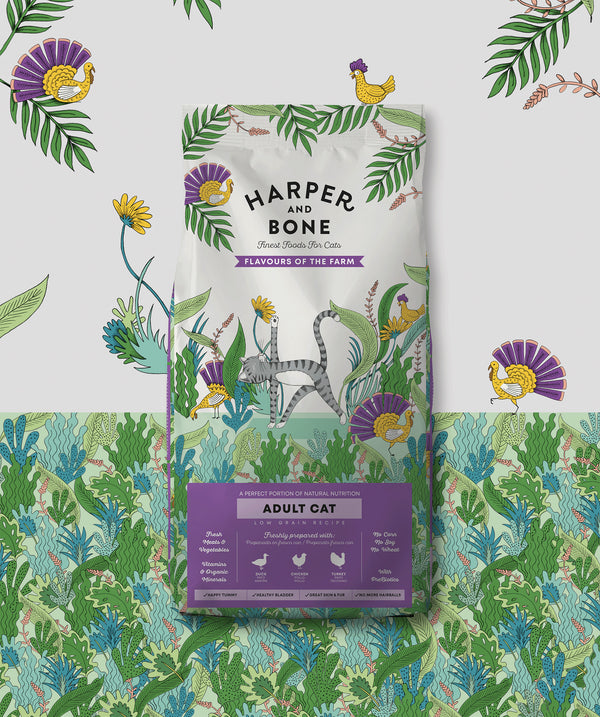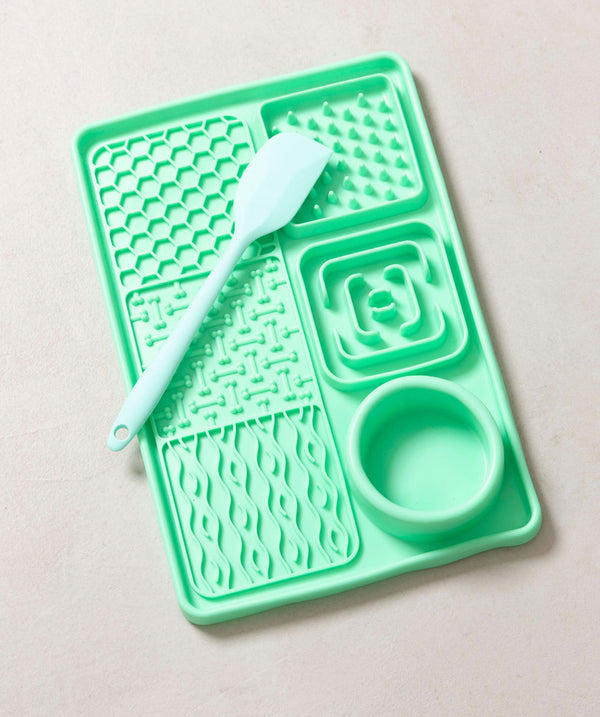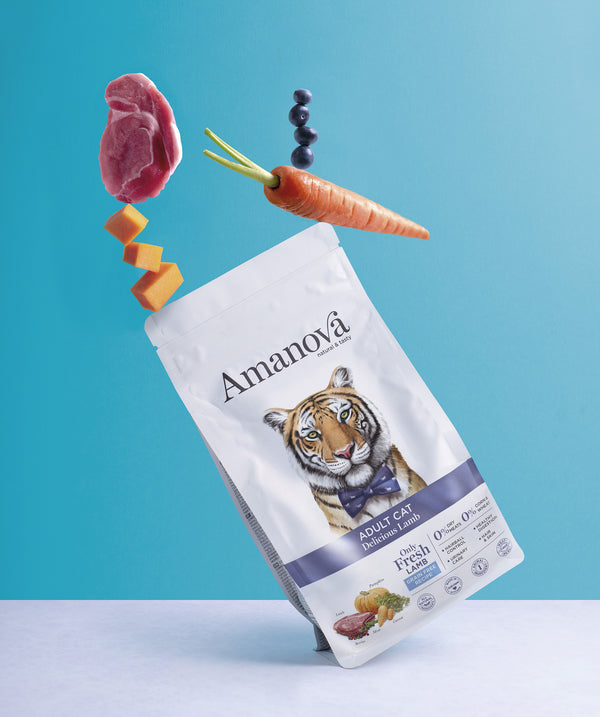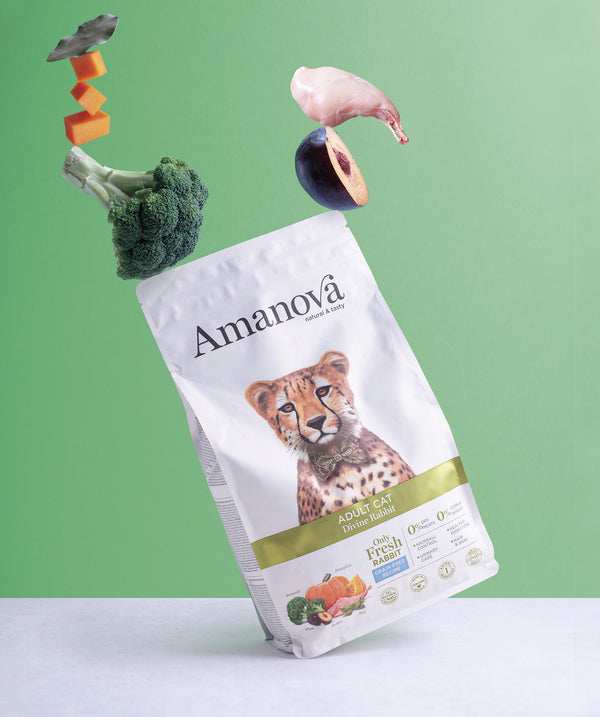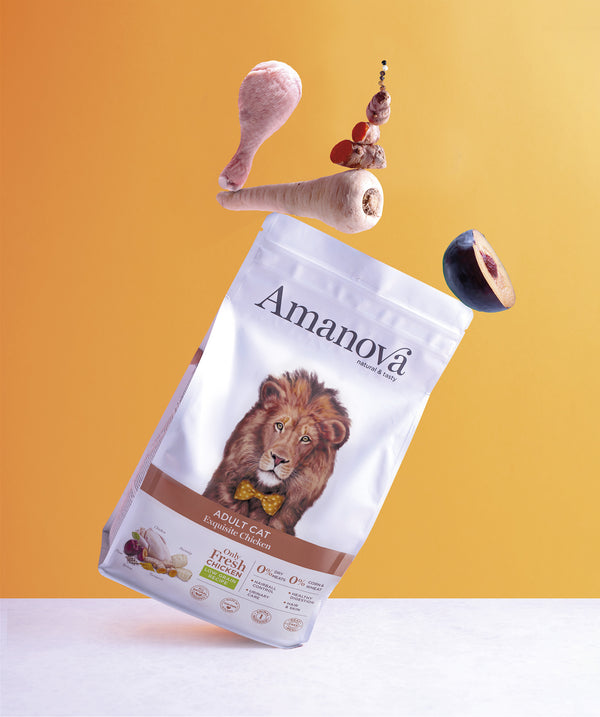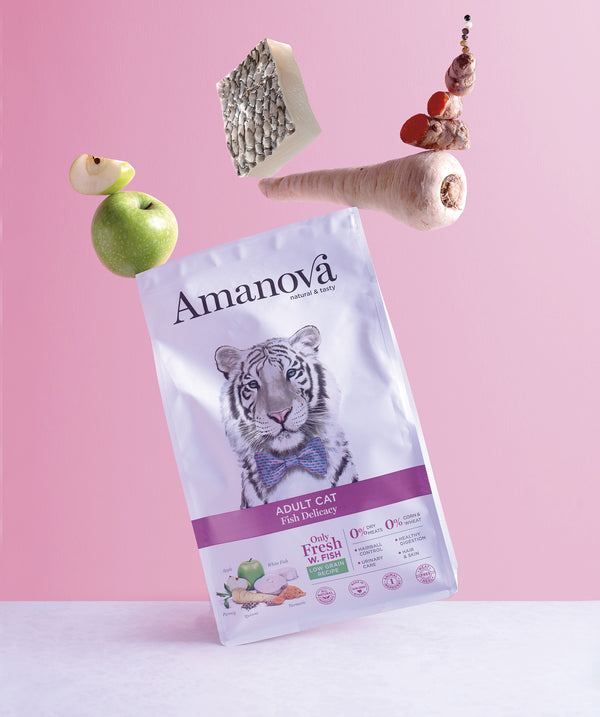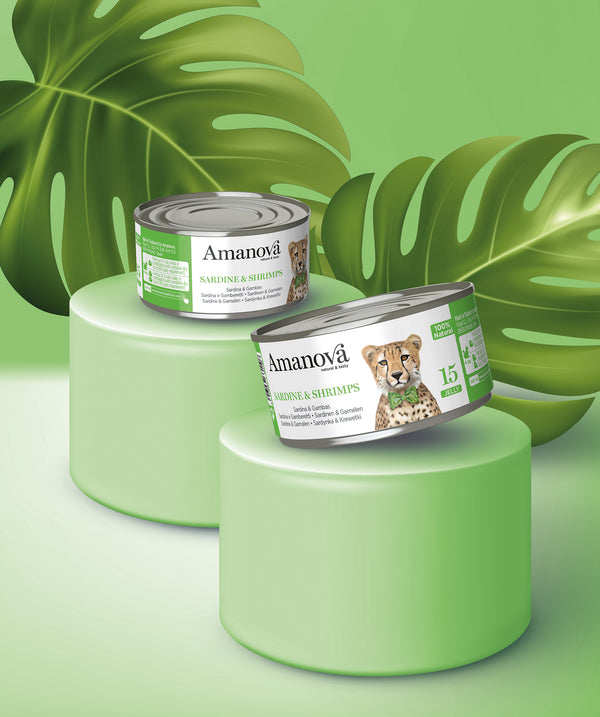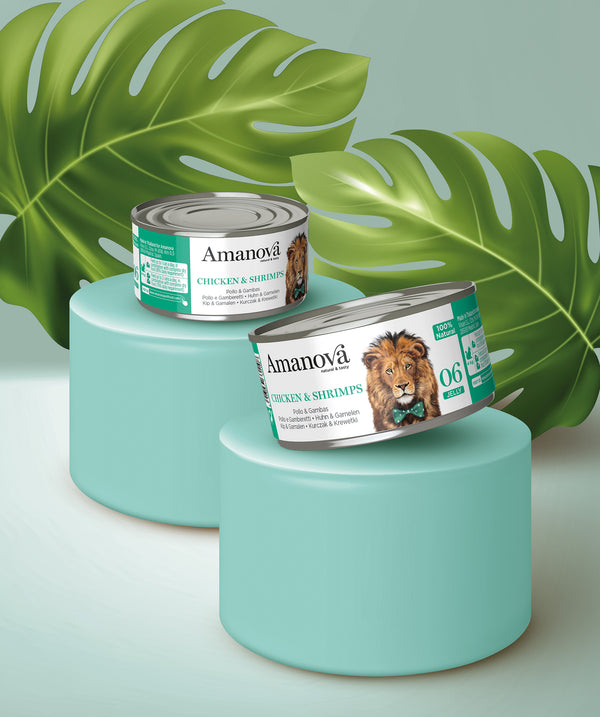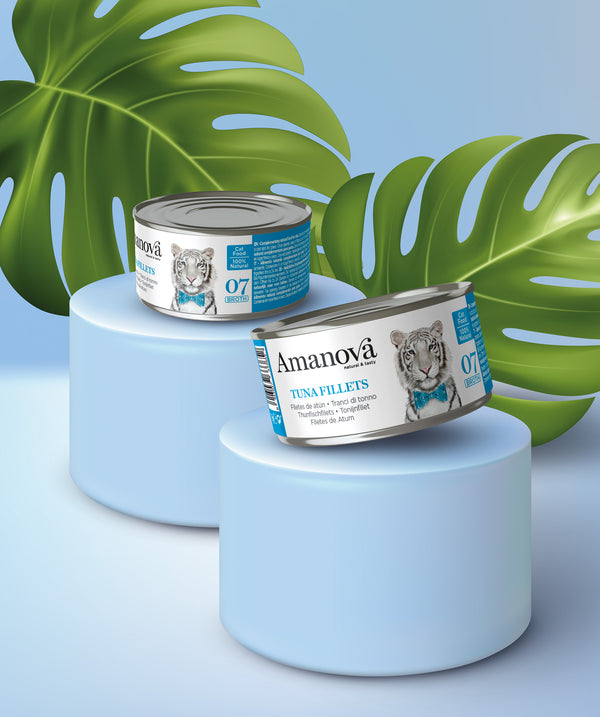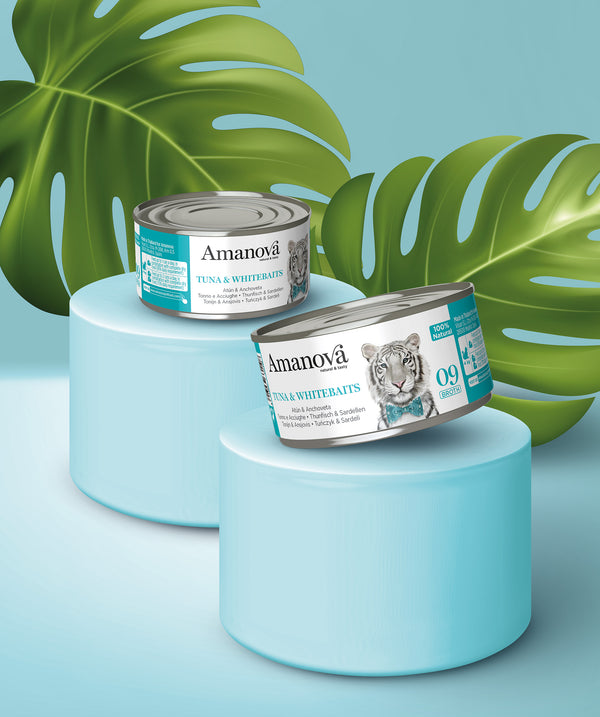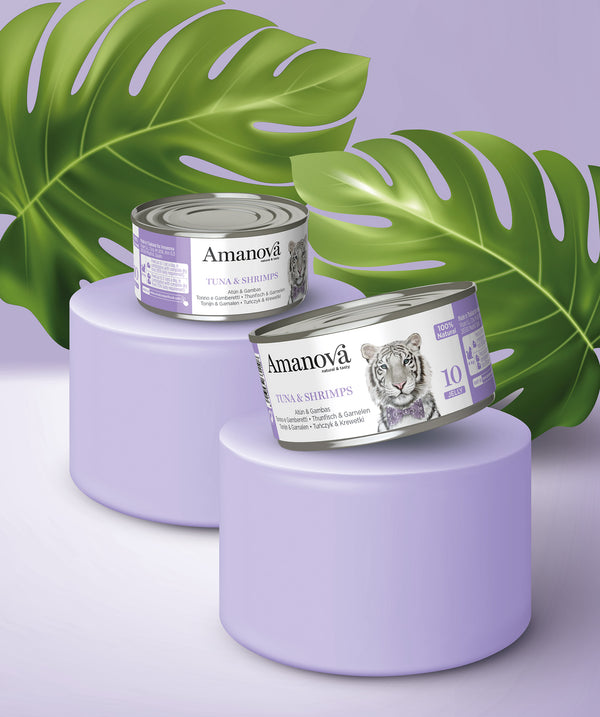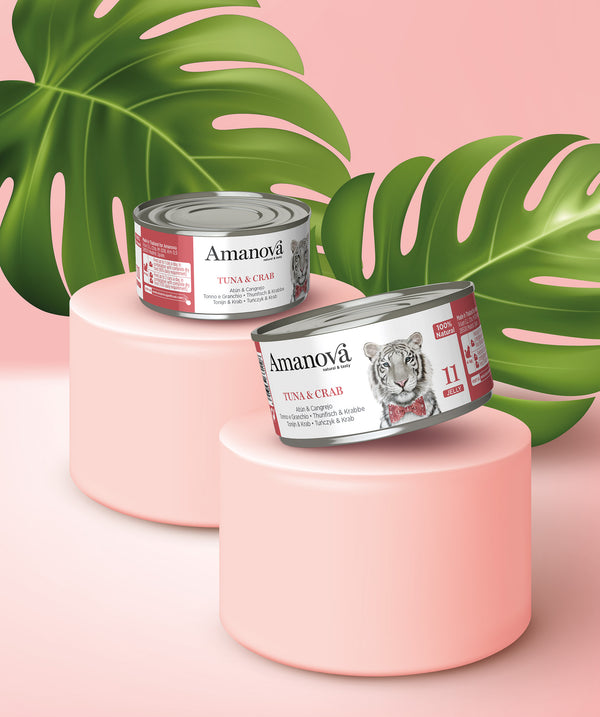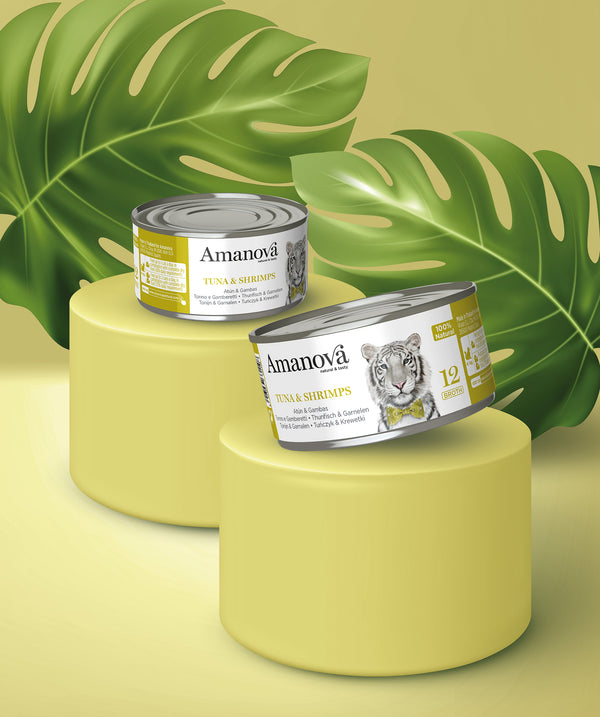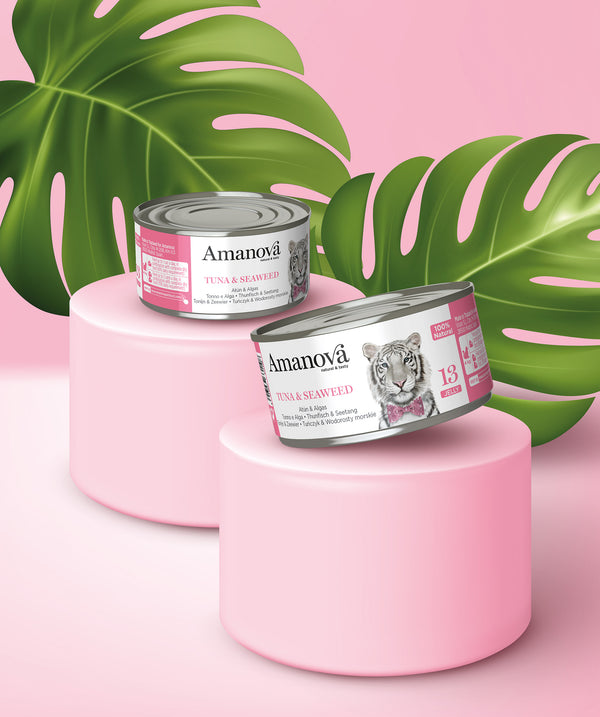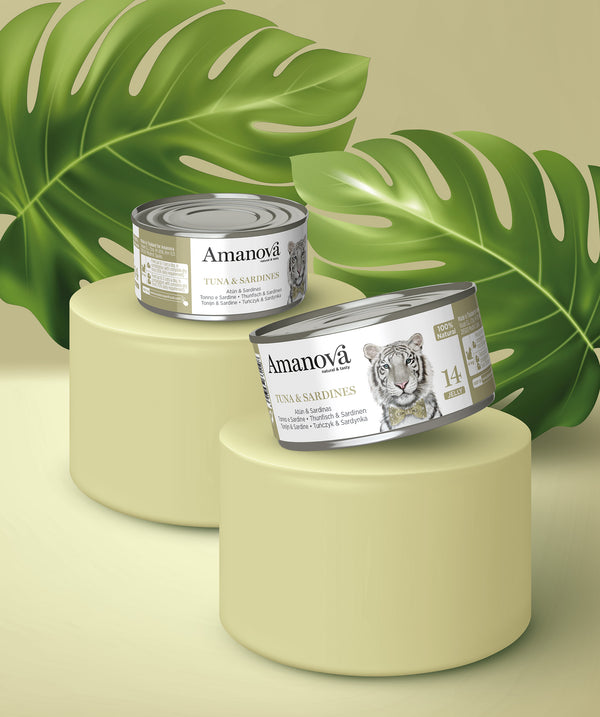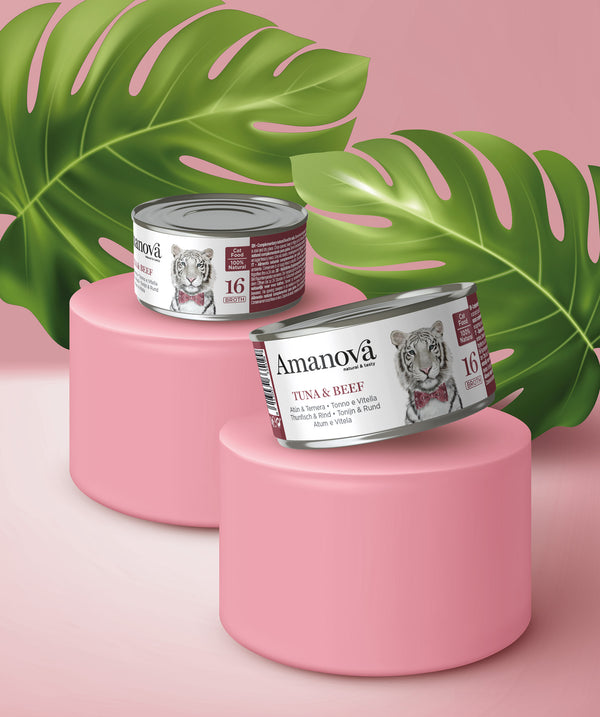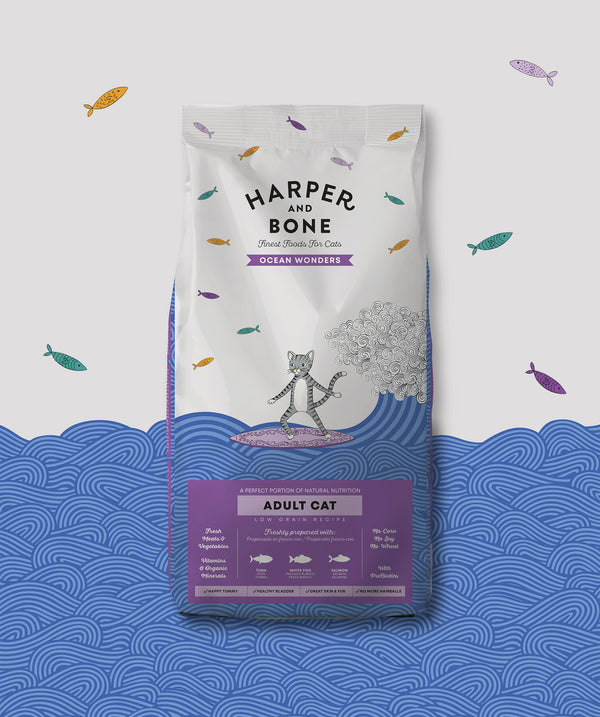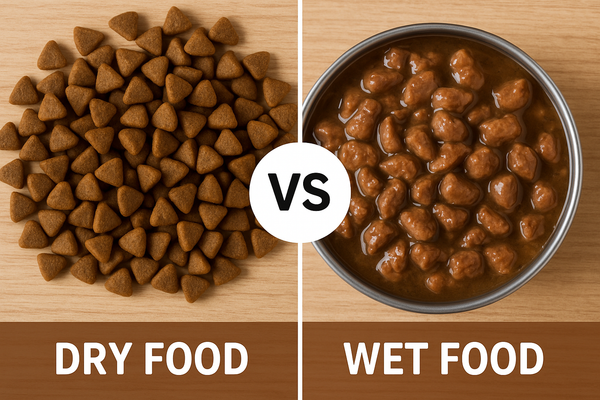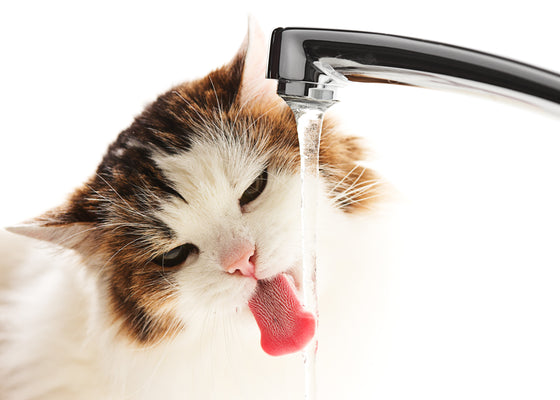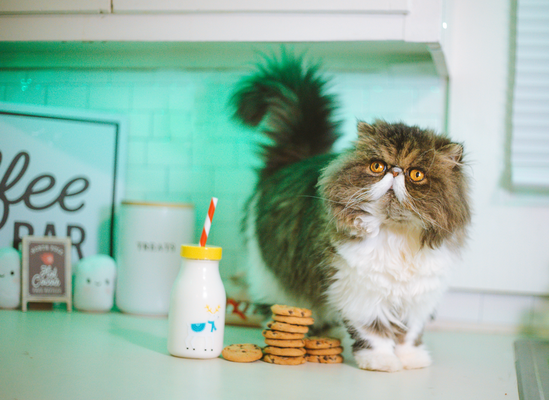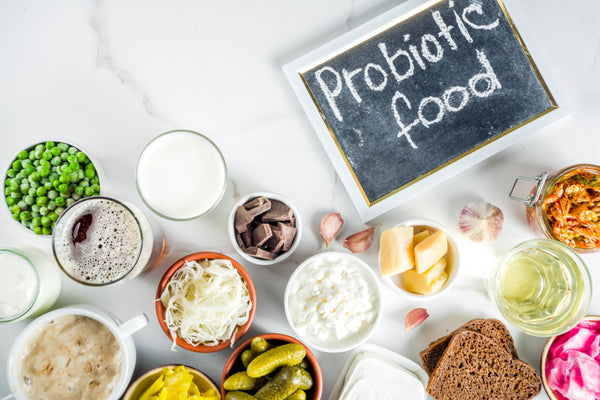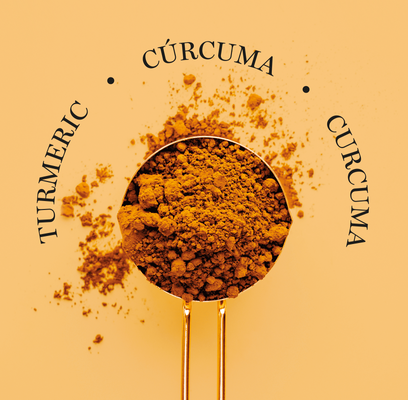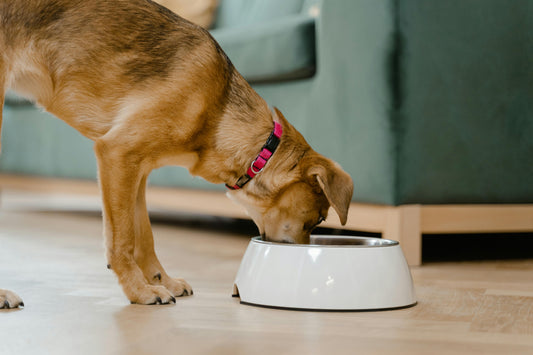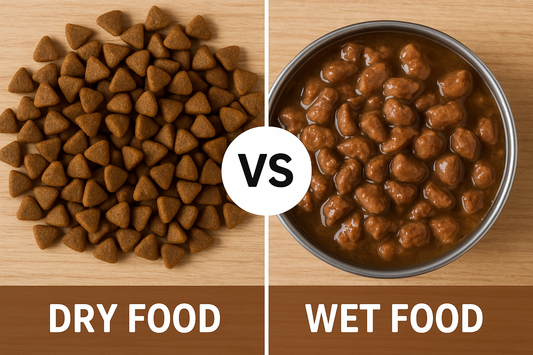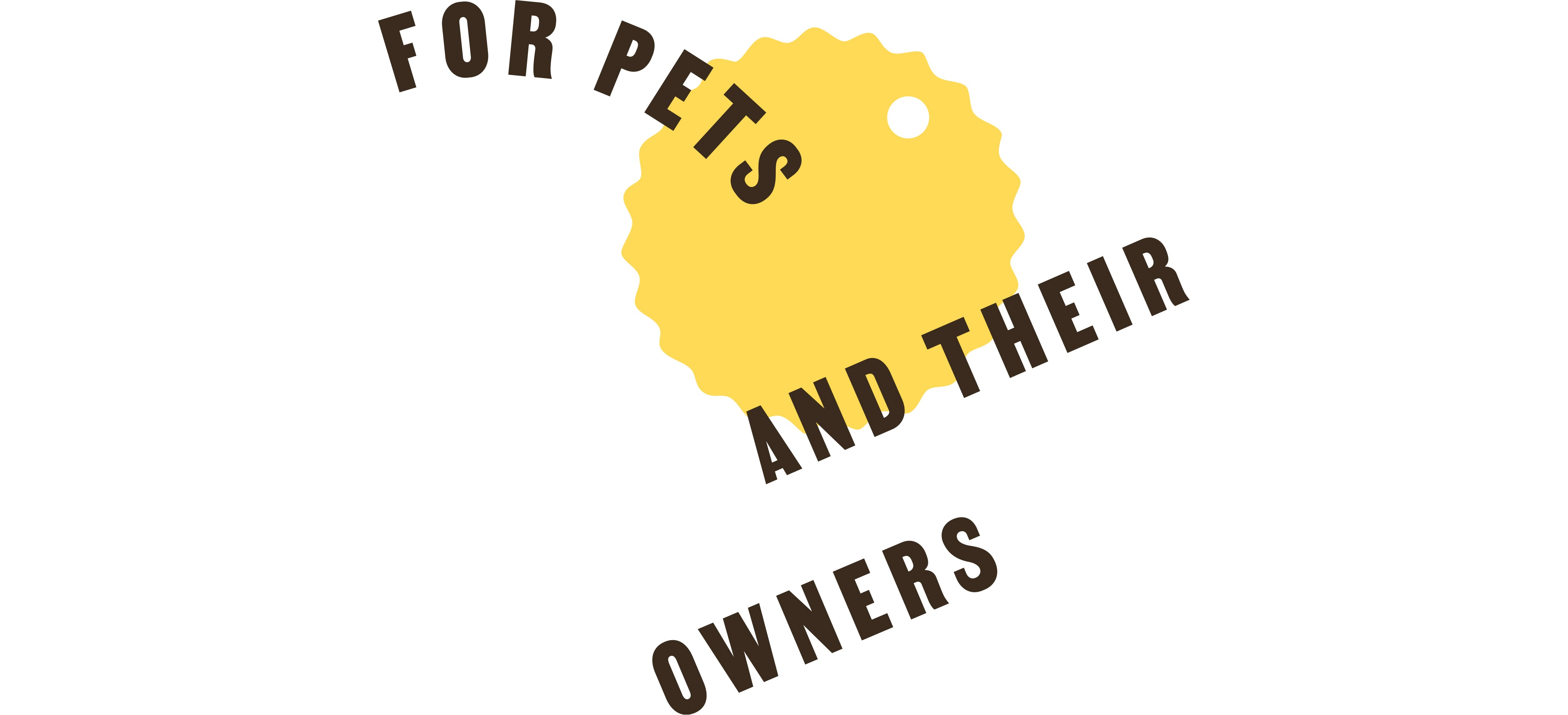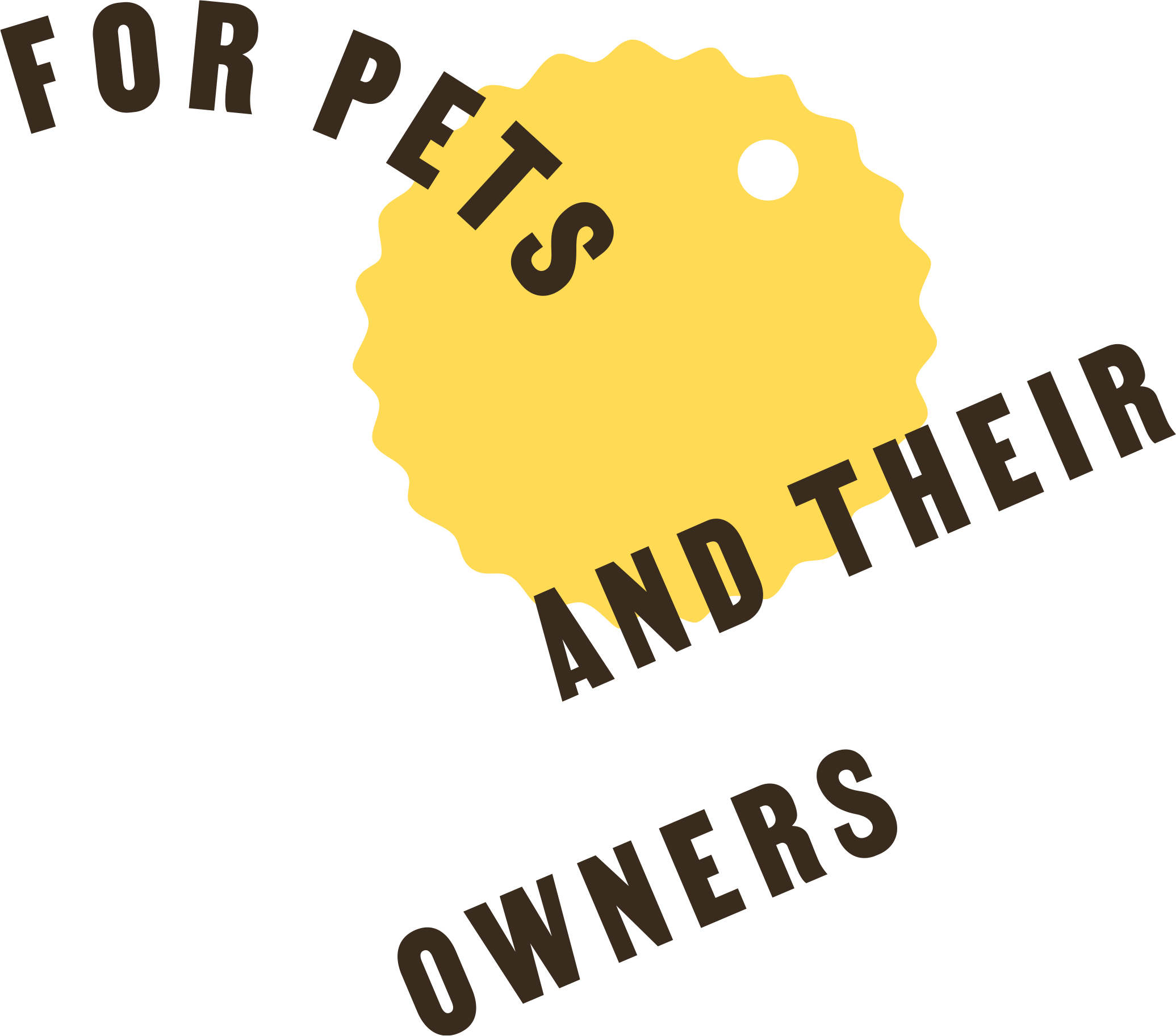A complete and balanced diet is essential to ensure the health and well-being of our little felines. Have you just adopted a kitten and don’t know what to feed it? Below we’ll help you choose the best option for your kitty’s diet with this guide on the different types of food for baby cats.
What Should I Feed a Baby Cat?
If you’ve just adopted a little furry friend, you may be wondering: what should I feed a baby cat? The first thing you need to know is that, during the first year of life, the type of food for baby cats changes depending on the growth stage:
Up to 3 or 4 Weeks of Age: Mother’s Milk
To properly develop its immune system, mother’s milk should be the only food a baby cat has during its first weeks of life. If the mother cannot nurse the kitten, you’ll need to give it kitten milk replacer with a bottle. The amount of milk a kitten needs depends on its age in weeks:
- In week 1, give 8 feedings a day, one every 3 hours.
- In week 2, reduce to 6 feedings, one every 4 hours. As you gradually introduce solid food into its diet, continue reducing the milk feedings.
From Week 4: Wet Food
After the fourth week, your little feline will be ready for weaning and can start eating solid food. You’ll notice because its teeth will have come in, and it will begin to chew everything in sight. Try placing a little wet food in its mouth, without forcing it too much. At first, it may struggle to eat it, but little by little, it will become more interested in this type of food and stop asking for mother’s milk.
From Week 6: Dry Food
When your kitten is two months old, it will have already adapted perfectly to wet food, and you can begin offering it dry food. At first, your kitten may accept kibble more easily if you moisten it with a little warm water. Although we recommend introducing dry food from week six, you can continue offering wet food if you prefer. This type of baby cat food provides the same benefits as a dry diet.
How to Choose Good Food for Baby Cats?
Kitten energy needs are very high, and they grow very quickly during their first year of life. That’s why, from 6 months onward, they need food for baby cats that provides plenty of calories and nutrients. Good kitten food should offer the following benefits:
- Development of bones and muscles. Kitten food must include quality animal proteins for optimal muscle development and minerals like calcium and phosphorus for strong bone formation. Avoid kibbles containing meat meals or dehydrated meats.
- Skin and coat care. Omega-3 fatty acids, EPA, and DHA will help your kitten maintain healthy skin and a strong, shiny coat.
- Boosting the immune system and cognitive skills. Fatty acids strengthen the feline immune system, promote the development of cognitive abilities, and reduce inflammatory responses.
- Protecting heart and eye health. The inclusion of taurine in kitten food is essential to support heart health. In addition, both taurine and lutein will help your kitten maintain healthy eyesight.
- Supporting digestion. To care for kidney health and maximize nutrient absorption, your kitten’s food should be formulated with fresh, high-quality ingredients.
Now you know what to feed a baby cat. If you’re unsure about how much food a kitten needs, keep in mind that they require small amounts of food distributed across many feedings throughout the day.
To avoid overeating, offer food only when it’s time for a feeding. However, it’s important that your kitten always has access to a bowl of clean, fresh water.
